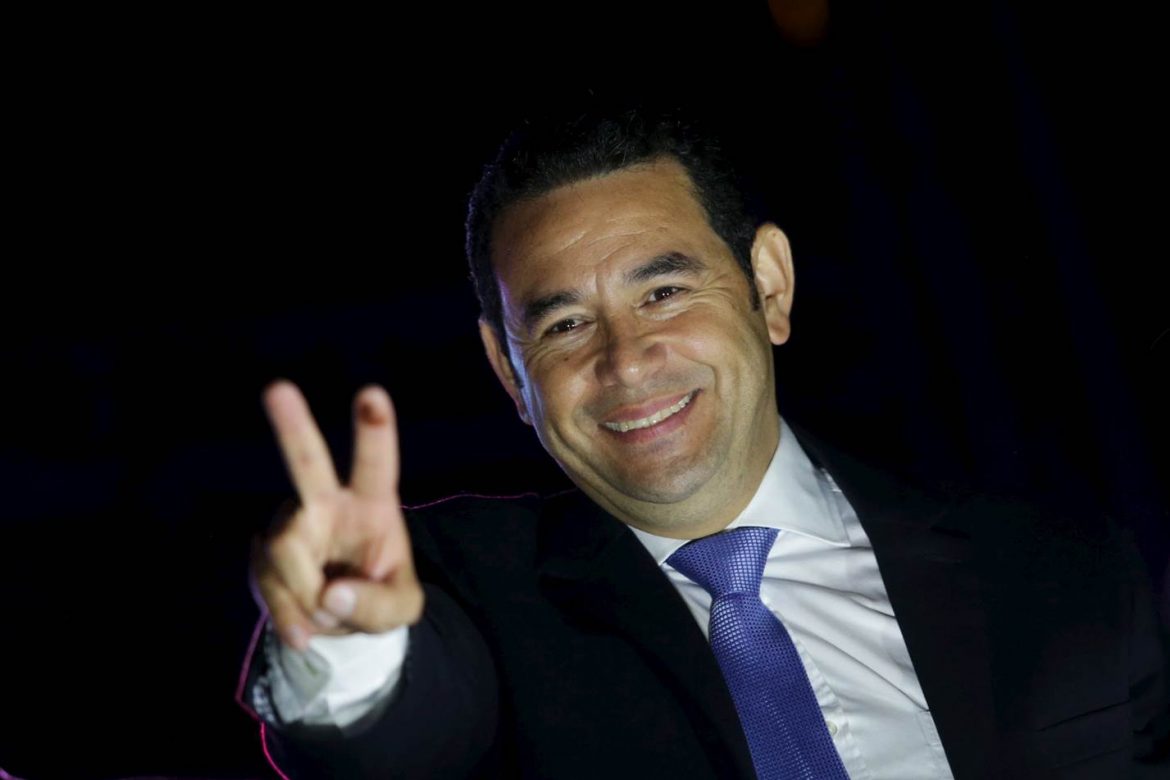This material belongs to: Worldview.
Guatemala’s elites are locked in a struggle with a U.N.-supported anti-graft commission that could threaten the country’s political stability. On Aug. 27, Guatemalan President Jimmy Morales declared Ivan Velasquez, the commissioner of the International Commission Against Impunity in Guatemala (CICIG), persona non grata in the country. CICIG has been preparing to announce charges against Morales for allegedly receiving illegal financing during the 2015 electoral campaign. Guatemala’s Constitutional Court temporarily blocked Morales’ move to expel Velasquez and is expected to issue a final ruling on its legality sometime in the next few days.
CICIG was installed in December 2006 as a body to assist the Guatemalan attorney general’s office with human rights issues, organized crime, and corruption investigations. It operates with the political backing of the United Nations, the European Union, and the U.S. Department of State. CICIG’s influence in Guatemalan politics has grown substantially over the past two years. Former Guatemalan President Otto Perez Molina and former Vice President Roxanna Baldetti were imprisoned in 2015 after a CICIG investigation into a customs corruption ring eventually implicated them. As a result of investigations into the former president’s corruption ring, Guatemalan authorities — in coordination with CICIG — arrested or indicted dozens of suspected criminal associates. CICIG’s mandate is broad, with numerous cases of alleged corruption coming under its scrutiny.
But over the years, Guatemalan politicians and business magnates have come to see CICIG as overstepping its original mandate and threatening the power of the local leaders. Aside from his desire to avoid personal indictment, Morales’ resistance to CICIG is likely also driven by pressure from Guatemala’s political and private-sector elites. There is the general perception among the more right-leaning elites that CICIG investigations and indictments have infringed on Guatemalan sovereignty and have mostly affected their allies, while leaving left-wing elites such as former First Lady Sandra Torres untouched. And Morales’ concern for his own position cannot be discounted, because there is the possibility that CICIG, with the support of the U.S. Embassy in Guatemala, will push for an investigation and his eventual ouster.
Despite CICIG’s significant influence over domestic politics, the country’s private-sector elites are not wholly opposed to CICIG operating in the country. But they are opposed to keeping Velasquez at its head. And an attempt by Morales to unilaterally dismantle CICIG or oust Velasquez in contempt of a Constitutional Court ruling would most likely incite political unrest in Guatemala. Indigenous advocacy organizations, left-leaning social groups, and other pro-CICIG organizations would mount street protests. The Guatemalan government’s attempt at reining in CICIG would also attract the ire of the United States, which could cut U.S.-funded development and military assistance. Currently, Guatemala has only received $45 million of a scheduled $80 million disbursement this year. A big move against CICIG by Morales could jeopardize the remaining $35 million in aid to the Guatemalan people.
 info@anticorr.media
info@anticorr.media

